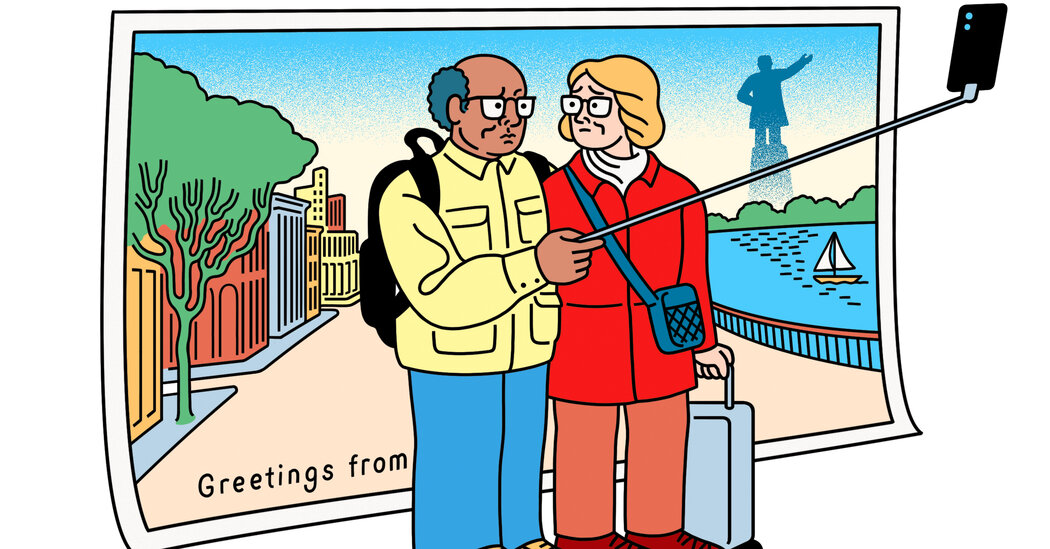My husband and I are now retired and are looking forward to making some long-postponed, once-in-a-lifetime trips. Unfortunately, the country at the very top of our bucket list has an authoritarian government and a poor human rights record. We’re finding it difficult to evaluate the cost/benefit of our possible travel there. Our tourism dollars would directly support the local tourism industry and the people who rely on it for their livelihoods. But we’re concerned that it would indirectly support the regime in power, as well. How do we evaluate the ethical implications? — Laura R.
From the Ethicist:
The case against visiting isn’t so much that you’re actually going to be prolonging a bad regime (any effect would be microscopic); rather, it’s that there’s something inherently regrettable about contributing to the welfare of wrongdoers. Weighing in favor of your trip, as you say, is your direct support of the people in the tourism trade who will earn your dollars. The countries with the poorest human rights records typically deny their citizens both freedom of the press and effective democratic participation, and this makes it unreasonable to hold those citizens responsible for what their governments do; in rewarding them, you’re not rewarding those responsible for the state’s repressive ways.
If these were the only relevant issues, the case for going would be clearly much stronger than the case for staying away. Most of the other ethically relevant issues weigh in favor of going, too. You will benefit yourselves, not only by being enriched by an unfamiliar culture and experiencing new places and ways of life but also by deepening your familiarity with the wrongs perpetrated by the government. This, in turn, will give you both the incentive and the knowledge to engage with others about the issue.
But suppose there were currently a boycott in place that had support from credible representatives of the people of that country and was having, or was likely to have, positive effects in improving conditions there. If that were the case, you should honor the boycott. It can be good to participate in a political process even when — as with voting — your personal contribution has a minuscule effect on the outcome.
A Bonus Question
My mother is 57, and I am her only daughter. She has an undiagnosed mental-health condition (she has symptoms of borderline-personality disorder: intense fear of abandonment, mood swings, a pattern of unstable…
Click Here to Read the Full Original Article at NYT > Travel…
